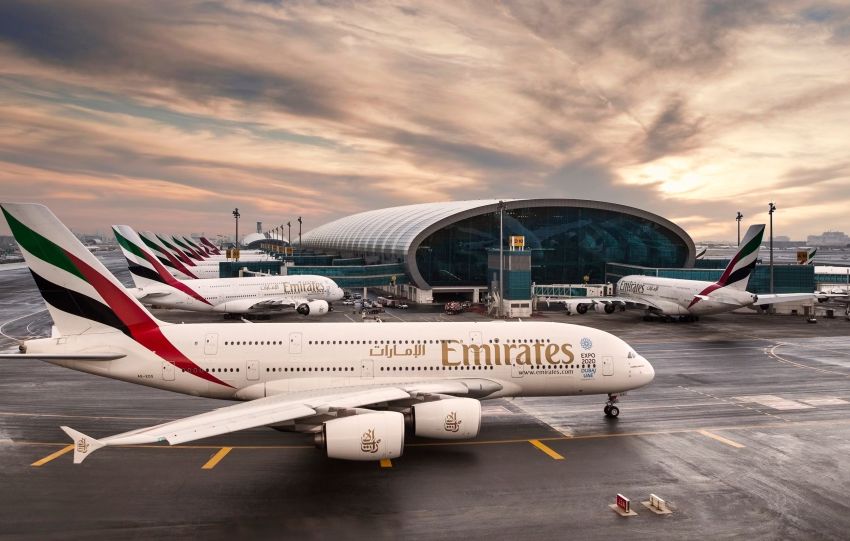Key Takeaways
- Real estate tokenization in Dubai allows investors to purchase portions of property assets, enhancing market accessibility.
- The integration of Blockchain technology brings real-time pricing, improved liquidity, and market transparency, positioning Dubai as a leader in real estate innovation.
- Major developers like MAG are adopting tokenization, using platforms such as MultiBank Group’s $MBG for major projects like The Ritz-Carlton Residences.
- Tokenization provides opportunities for fractional ownership, facilitating investment in Dubai’s property market for a broader investor base.
- Regulatory frameworks are in place with entities like VARA and DIFC ensuring compliance and investor protection in tokenized real estate transactions.
- Key dialogue participant Zana Jablan Musa highlights the appeal of tokenization to foreign investors and UAE developers by leveraging their real estate portfolio.
In recent years, Dubai has emerged as a global leader in innovative real estate and financial technologies. Among the latest advancements is the tokenization of real estate assets, a transformative approach that enables investors to purchase portions of property, thereby democratizing access to this lucrative market. Powered by Blockchain technology, this innovative model is set to redefine the investment landscape in Dubai. In this blog post, we delve into the world of real estate tokenization, exploring its benefits, regulatory environment, and the role of major developers in this burgeoning sector.
Understanding Real Estate Tokenization
Real estate tokenization is the process of converting property assets into digital tokens that can be bought and sold on a Blockchain platform. Each token represents a fractional ownership in a property, allowing investors to stake smaller amounts compared to purchasing entire properties. Here’s how it enhances market accessibility:
- Fractional Ownership: Investors can buy smaller, more affordable shares of high-value real estate, making it accessible to a broader audience.
- Liquidity and Transparency: Blockchain provides real-time pricing, improved liquidity, and an unprecedented level of transparency in market transactions.
- Inclusivity: This democratizes access, enabling more diverse participation from global investors and those previously excluded due to capital constraints.
The Role of Blockchain in Dubai’s Property Market
Blockchain technology is at the heart of this innovation, offering numerous advantages that position Dubai as a leader in real estate innovation:
- Real-Time Pricing: Prices adjust based on demand, enabling investors to make informed decisions.
- Market Transparency: Blockchain ensures all transactions are publicly verifiable, eliminating discrepancies and building trust.
- Improved Liquidity: The ability to trade tokens easily ensures a more dynamic market environment.
Major Developers and Their Foray into Tokenization
Pioneering this change in Dubai, major developers like MAG are leveraging tokenization to expand their portfolios. Projects such as The Ritz-Carlton Residences are now available on platforms like MultiBank Group’s $MBG, demonstrating a significant shift in investment strategies.
- Innovative Partnerships: Collaborations between developers and financial platforms are key to implementing these changes seamlessly.
- Attractive Investment Opportunities: By integrating leading projects, developers enhance their appeal to a wider investor base.
Navigating the Regulatory Landscape
Dubai is committed to ensuring a secure and trustworthy environment for digital assets. Here’s a look at the regulatory frameworks supporting tokenization:
- VARA (Virtual Asset Regulatory Authority): Responsible for regulating tokenization activities to ensure security and compliance.
- DIFC (Dubai International Financial Centre): Oversees the legal and regulatory standards for firms engaging in tokenized real estate, enforcing stringent compliance measures such as anti-money laundering (AML) and counter-terrorism financing (CFT).
Insights from Key Industry Figures
Professionals like Zana Jablan Musa highlight the immense potential of tokenization in attracting foreign investors and empowering UAE developers. This strategy enables firms to leverage their real estate portfolio more effectively, utilizing it as tradable financial assets in secondary markets.
The Future of Real Estate in Dubai
As real estate tokenization gains traction, Dubai stands at the forefront of this investment revolution. By combining technology, innovation, and robust regulatory frameworks, the emirate is setting new standards in the global property market. For investors, this means unprecedented entry opportunities and the potential for dynamic growth.
Don’t Just Watch the Shift — Own a Piece of It
As Dubai leads the charge in tokenized real estate, now’s the time to position yourself at the forefront of this investment revolution.
Discover tokenized property opportunities and premium listings at buy.pocketlisting.ae — where innovation meets access.




